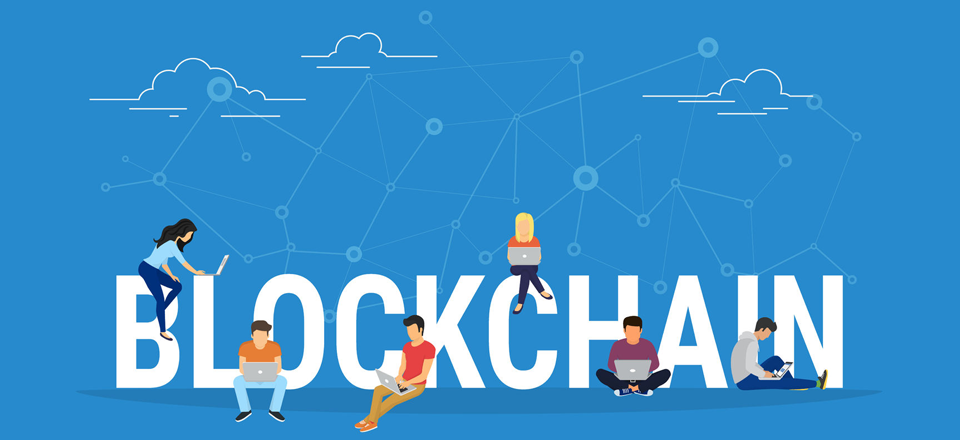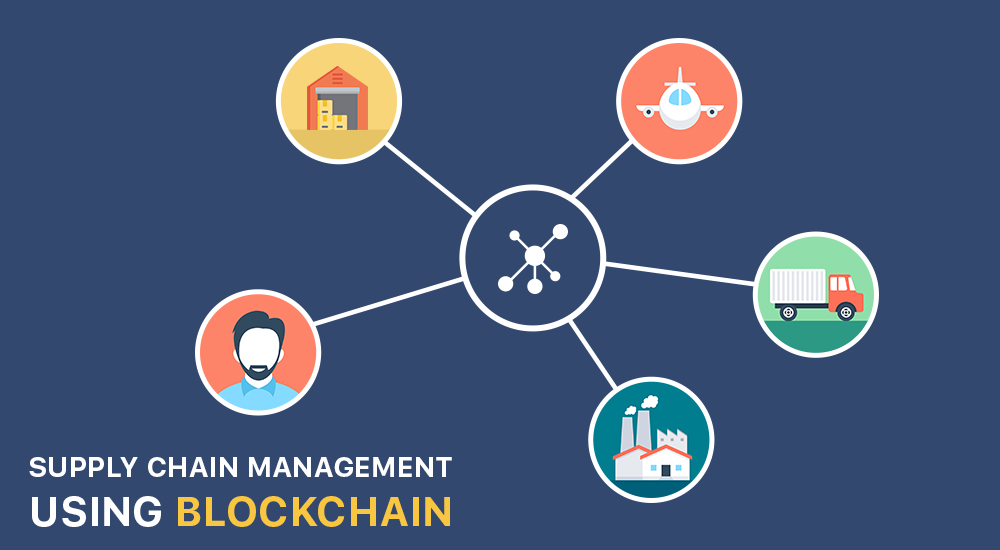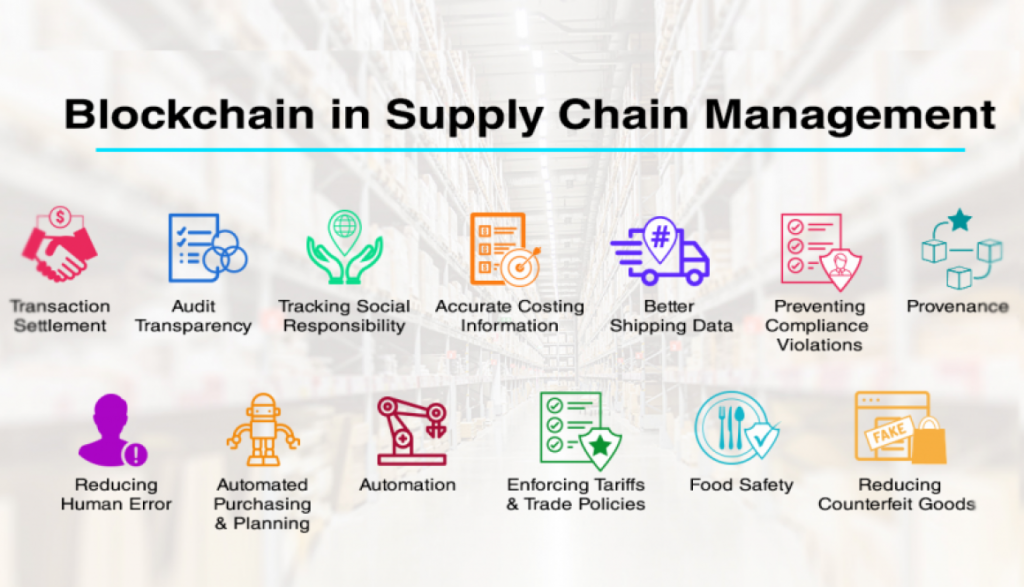First things first, let’s understand what is blockchain. It is a system of recording information in such a way that makes changing, hacking or cheating the system difficult or impossible. It is basically a digital ledger of transactions that is duplicated and distributed across the entire network of computer systems on the blockchain.

In this case, each block contains a number of transactions, and every time a new transaction occurs, a record of the same is added to every participant’s ledger. And the decentralized database that is managed by multiple participants is known as the Distributed Ledger Technology. Blockchain is a type of DLT that records transactions with an immutable cryptographic signature called a ‘hash’.
This means, if one block in one chain was changed, it would be immediately clear that it has been tampered with. And hypothetically, if hackers wanted to corrupt a blockchain system, they would have to change every block in the chain, across all of the distributed versions of the chain. This is what makes blockchain reliable for use.
Using Blockchain in Supply Chain Management

Using blockchain in supply chain management can yield numerous benefits like greater transparency and accountability between suppliers, near-immediate transactions, a tamper-proof ledger, departure and arrival times, etc, but most importantly – reduction in human errors across the board. Here are some primary and secondary benefits of blockchain for supply chain management:
Primary Benefits
– Traceability of material supply chain to ensure corporate standards are fulfilled.
– Lower losses from counterfeit/gray market trading.
– Improvement in visibility and compliance over outsourced/contract manufacturing.
– Reduced paperwork and administrative costs.
Secondary Benefits
– Stronger corporate reputation.
– Lower potential public relations risk from supply chain malpractices.
– Engagement with stakeholders.
– Improved creditability and public trust of data shared
Now, let’s take a look at some ways in which blockchain aims to transform supply chain management processes:
Procurement
By using a blockchain-based database, you create a platform that becomes the single source of truth between all entities that are doing purchases on your behalf and negotiating different terms with different suppliers. This gives you a 360-view of your organization’s total volume of purchases, without having individual users share operational data or someone crosschecking it. The audits are also automatically conducted, thus, eliminating extra price verification. Blockchain technology has a major impact on every element of the complex Procure-to-Pay process.
Manufacturing
IoT and blockchain are undoubtedly the most promising business opportunities in supply chain management. These two offer improved information continuity, robust fraud detection, greater control over the flow of products, automated compliance, and better control over the production of products. Aside from this, freight forwarders will automatically be able to ensure that products are being transported under the right conditions.
Logistics
Blockchain can do wonders for the logistics industry that relies on massive paper trials, especially when it comes to the customs’ process. It aims at increasing the volume of seamless data exchanges for greater transparency and predictability of logistics operations. By powering automation, secure, and error-prone processes, cost savings can easily be generated. Lastly, it also helps an organization in establishing sustainable and responsible supply chains at scale by pairing blockchain with IoT. This also paves way for more insights on transportation conditions and adds additional measures against counterfeiting.
You can also find some effective ways of using blockchain in supply chain management in the image below:

Conclusion: Supply chain requires the use of blockchain to transform the experiences of all people involved in the Supply Chain Environment. The processes become convenient and organizations can easily overcome issues like Traceability, Transparency, and Tradability, all of which are unique blockchain offerings.
For more articles like ‘What is blockchain and why does it matter to supply chain executives’, connect with us on Facebook, Twitter, and LinkedIn.